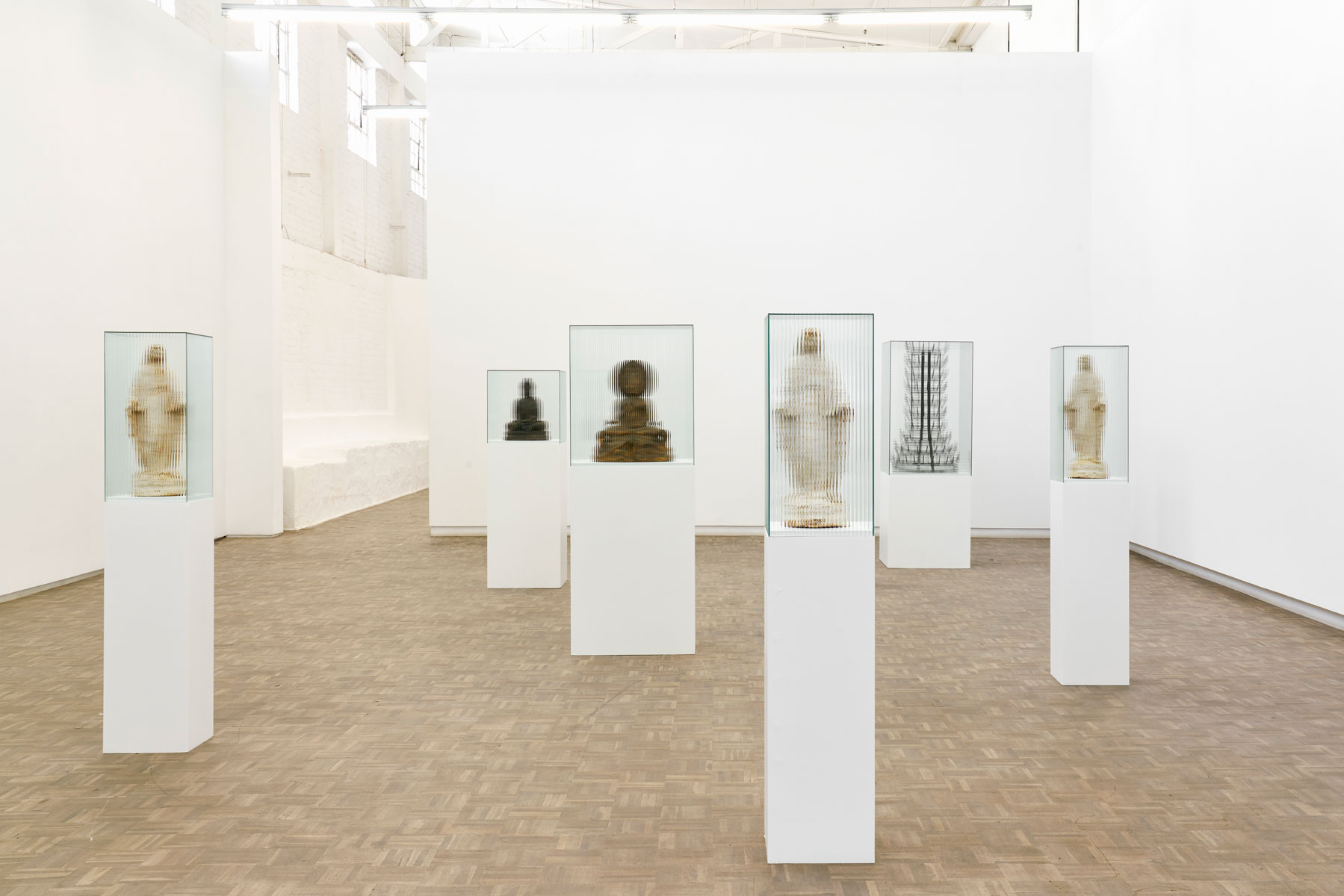
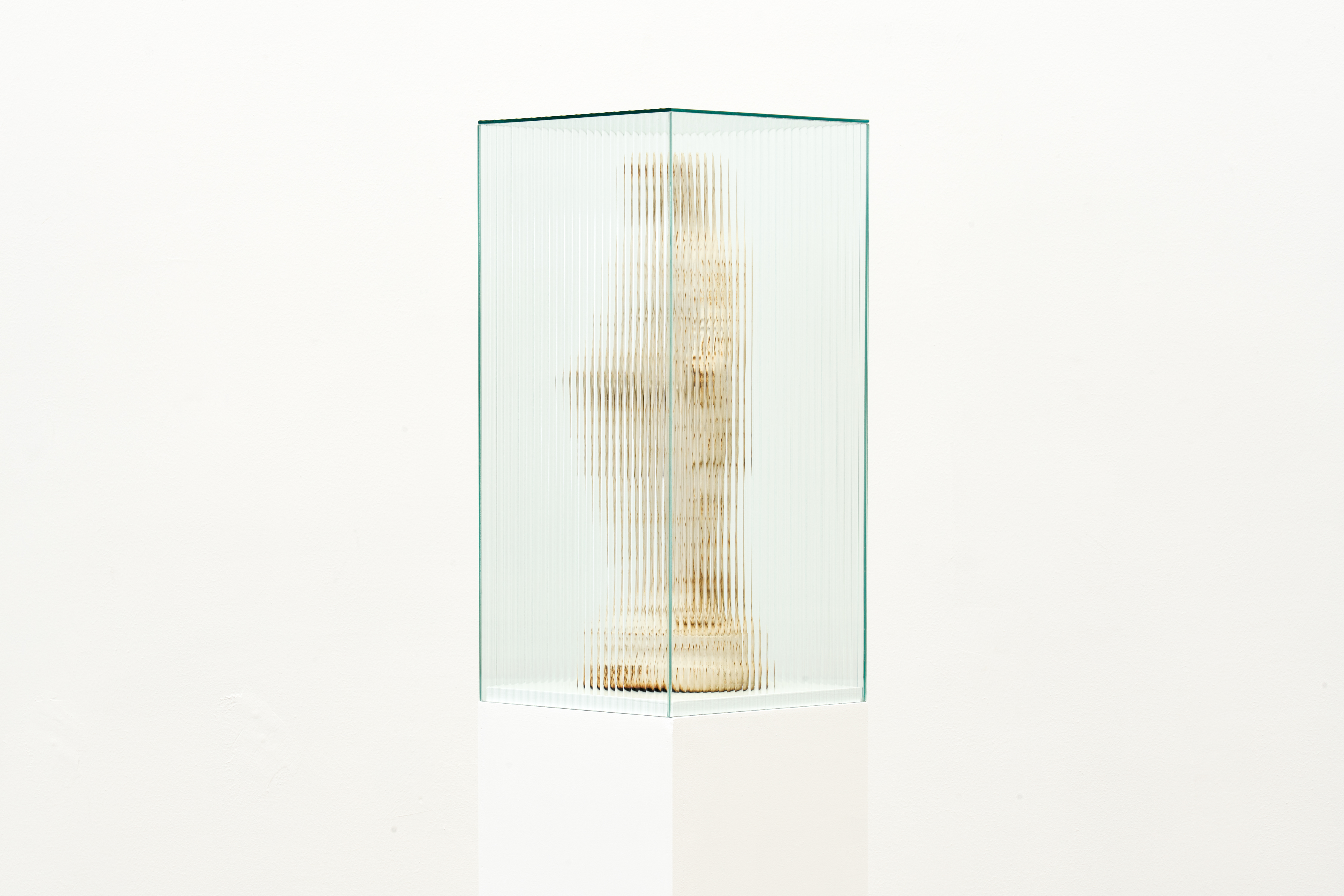
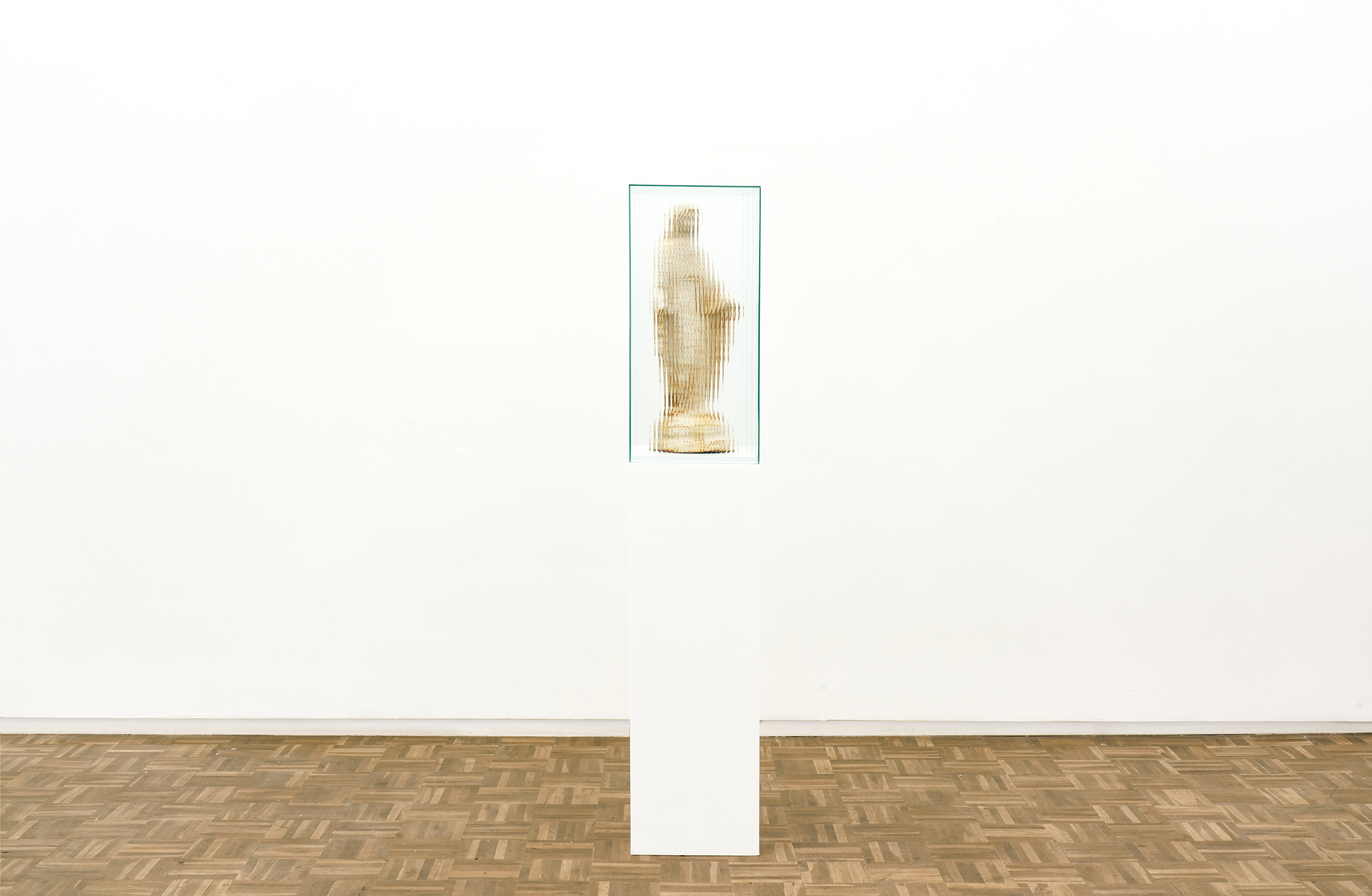

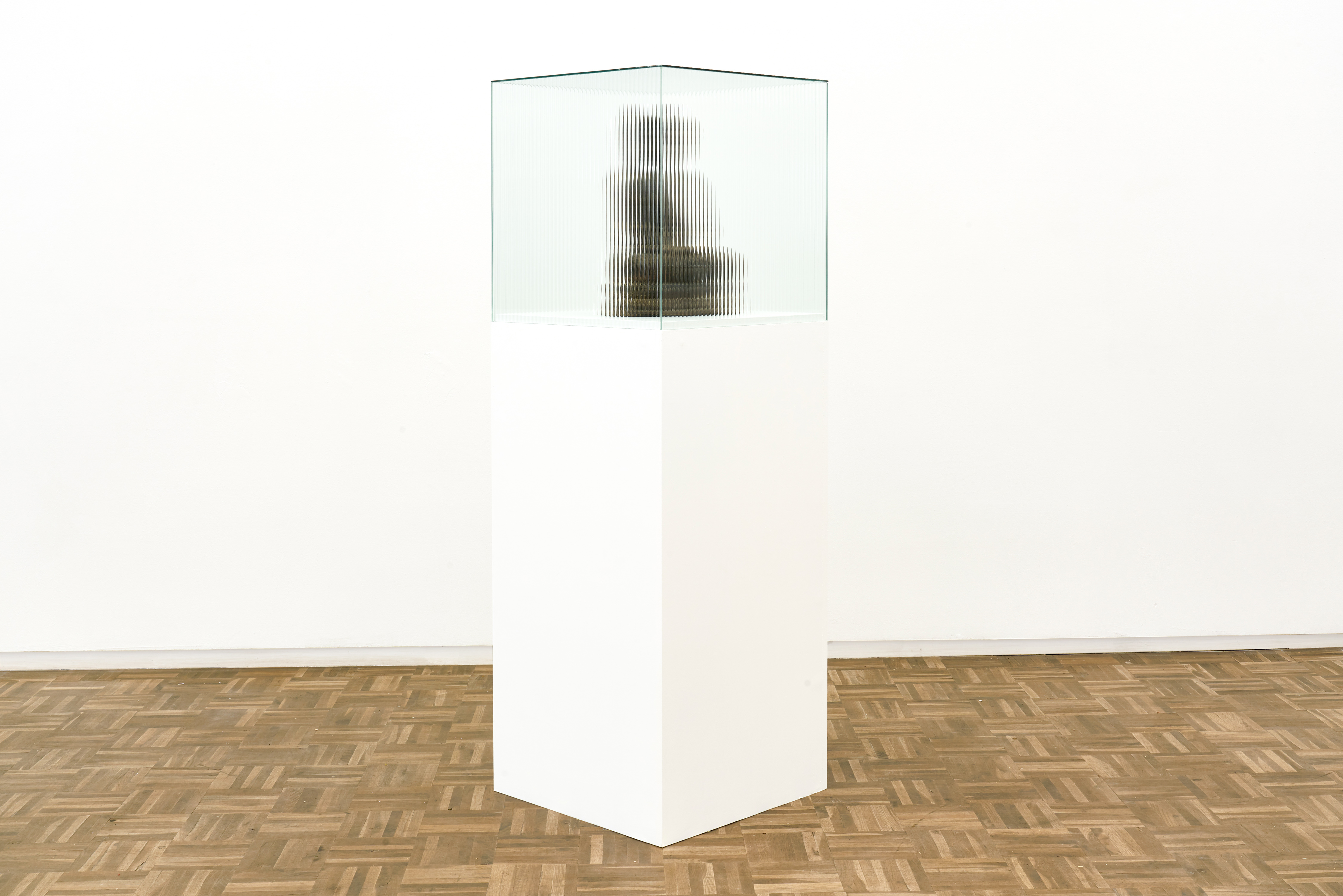
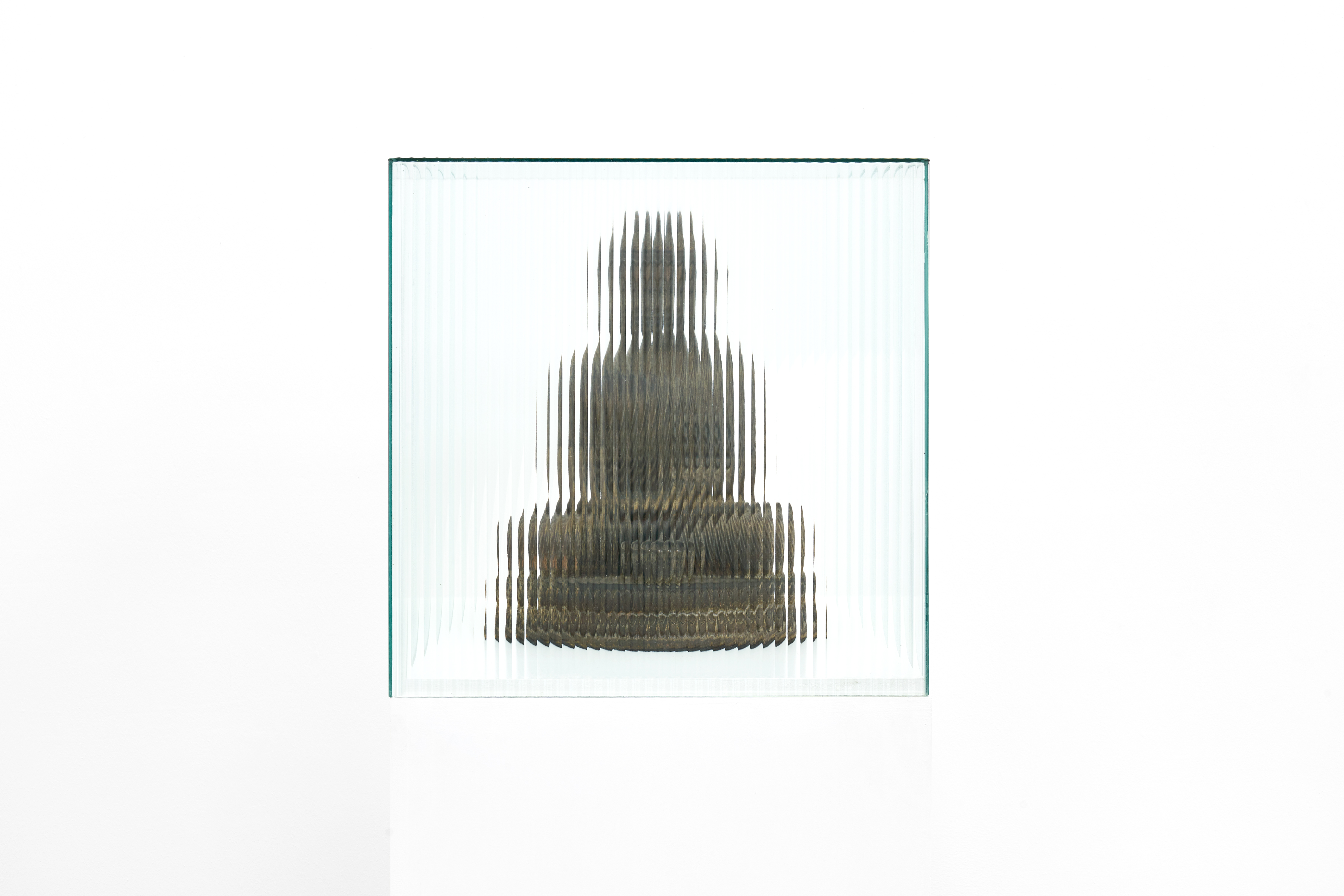
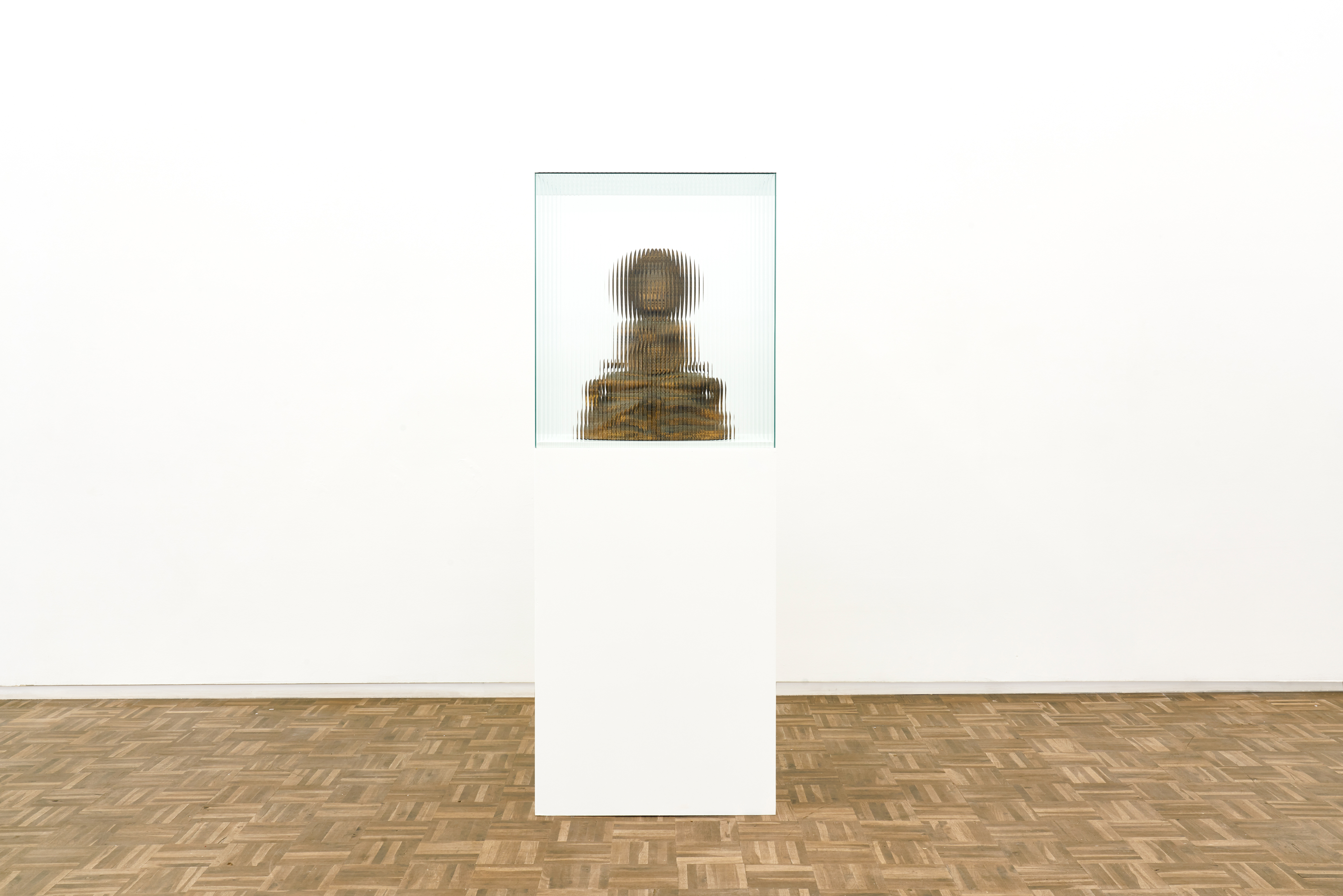
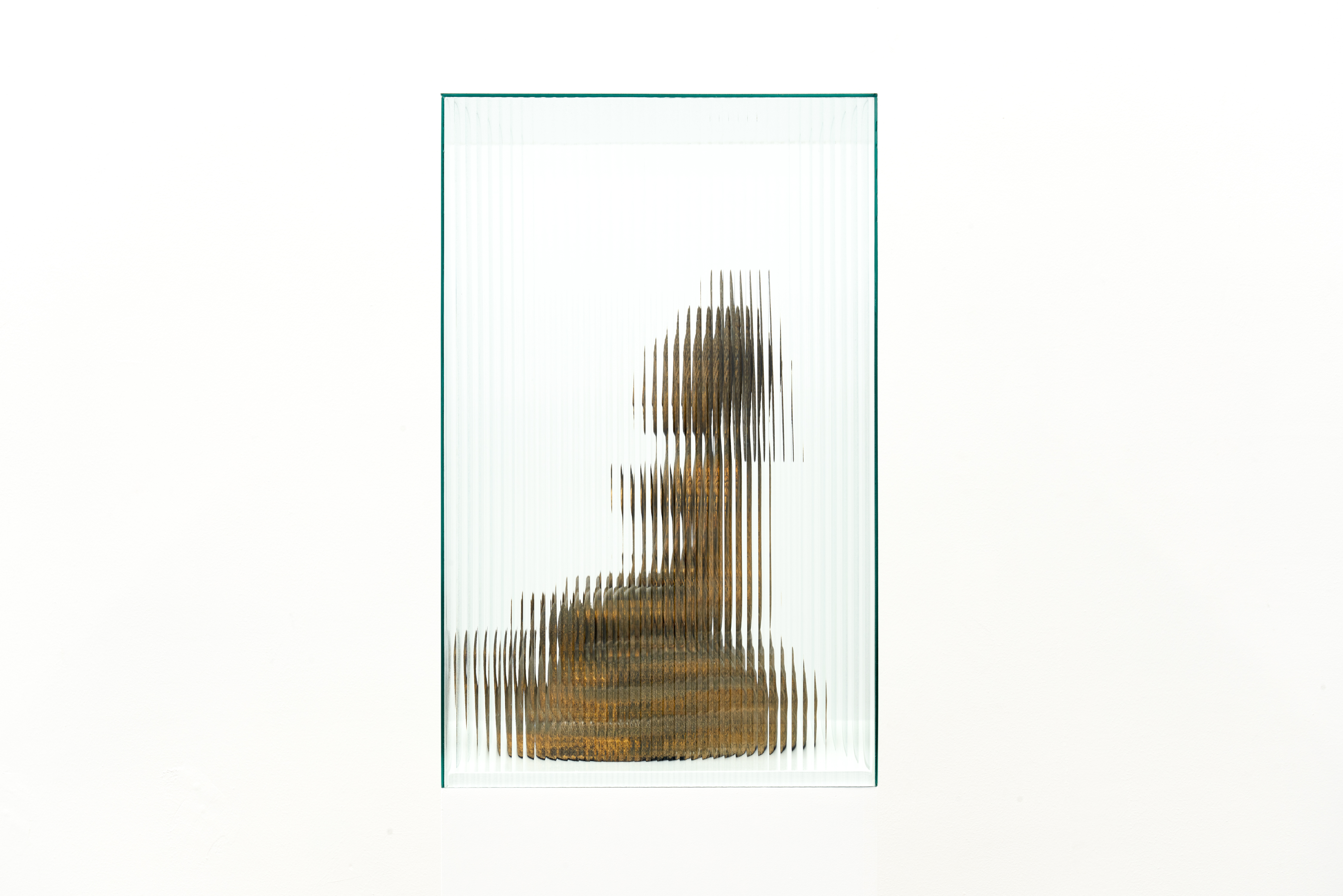



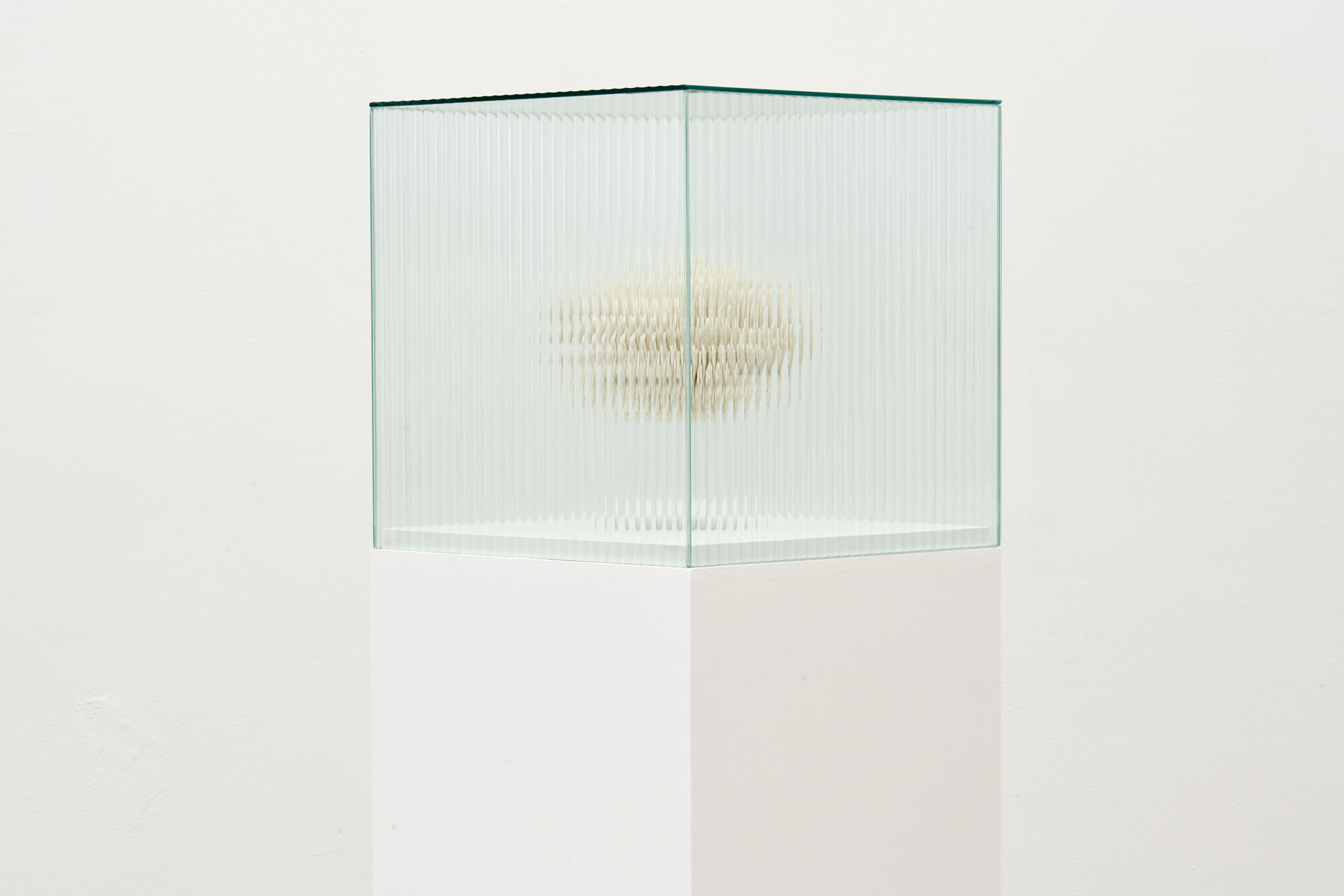



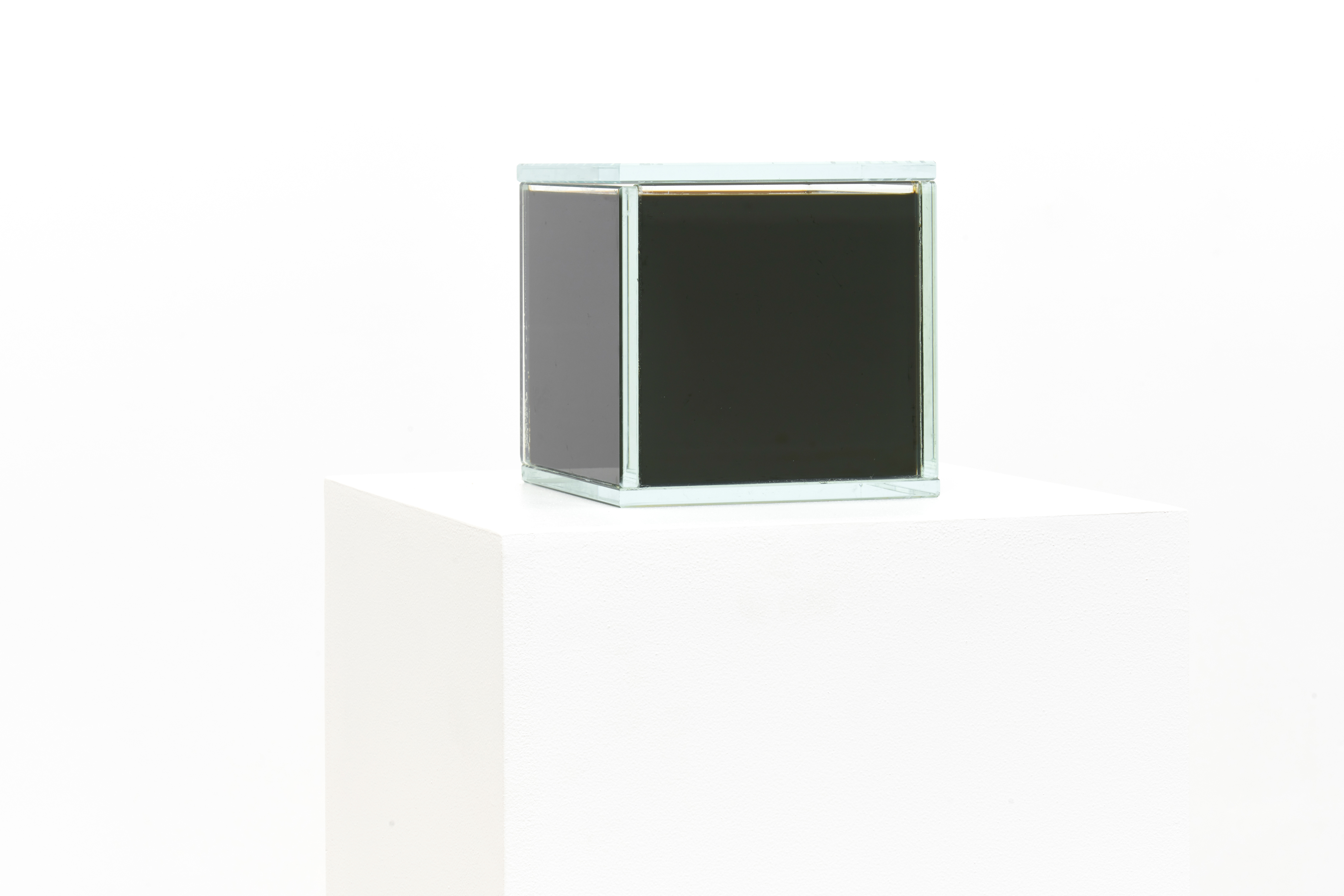
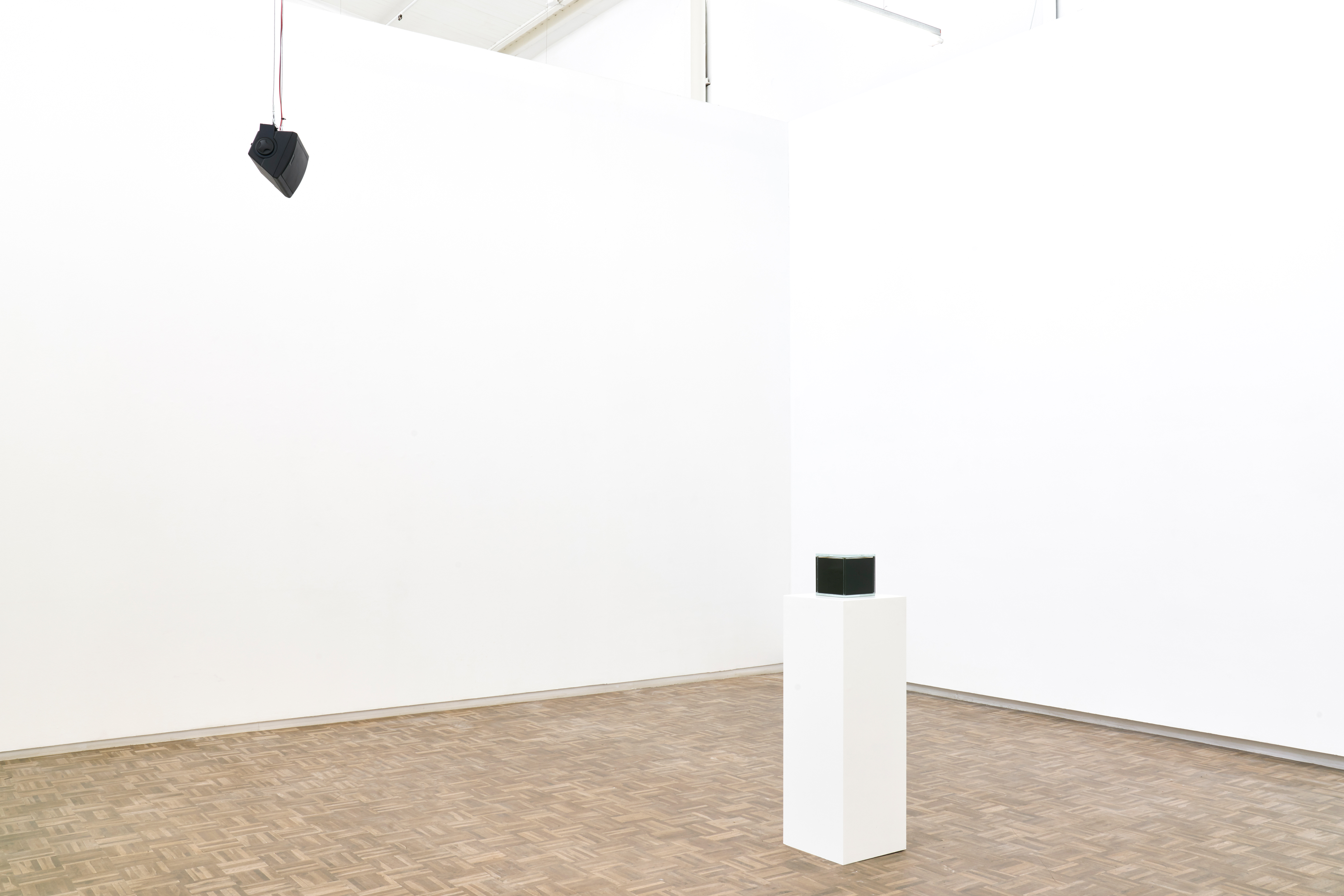


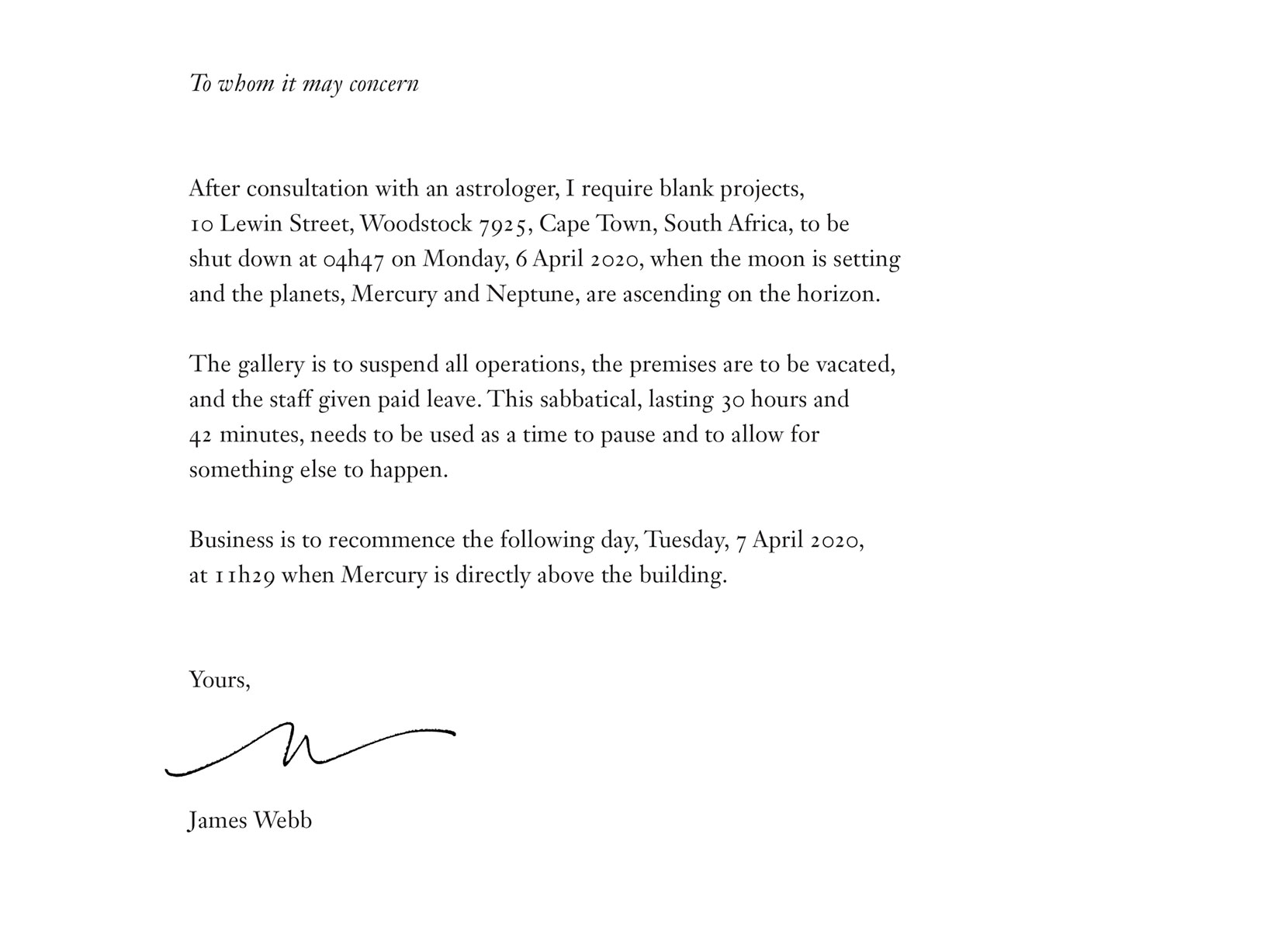
blank is pleased to present What Fresh Hell is This, a solo show by James Webb.
The exhibition, Webb’s fifth with the gallery, gathers his recent conceptual, visual and sonic works in a constellation exploring the relationships between frustration, disruption and belief.
Departing from many points, the exhibition may seed its concerns in the story of the Nossa Senhora Dos Milagros – a Portuguese sailing vessel, which, on the 27th April 1686, was shipwrecked close to Struisbaai en route from Goa to Lisbon. Bound for the Portuguese court of King Dom Pedro II, the ship contained treasure in coins, artefacts and precious gems for various European courts. Amongst her passengers were three French Catholic priests sent to study the astronomy of South East Asia, as well as a group of Siamese Buddhist monks, travelling with an ambassador of King Narai the Great, the 27th monarch of the Ayutthaya Kingdom. Eight crew members drowned in the shipwreck, and the surviving guests and crew members made it ashore – starting a perilous and uncertain journey by foot to the VOC settlement in the Cape. This strange tale marks a bizarre injection into religious landscape of the early colonial Cape, including the first recorded arrival of Buddhism in South Africa.
What Fresh Hell Is This engages the Milagros as a case study, considering belief not only as a religious instrument, but also as a transitory historical, political and sociological technology used in the construction of societies and individuals. This exhibition questions what happens when these belief overlap, unfurl or fray.
Webb teases our customary modes of learning: known objects, methods and mythologies are placed under interrogation and moved into new environments, keenly awaiting what perspectives may be revealed. If asked, what may oil divulge about the Earth’s psyche? How do internal monologues interfere when externalised? Strange and unsteady links may be drawn in this new setting. The politics of the extractive industries are echoed between the treasure sunk off the South African coast, and the crude oil pulled from deep below the Niger Delta. A handless clock becomes a spiritual symbol, while an astrological chart functions as a timepiece. Webb’s approach suggests fluidity, transitory configuration and multiplicity. History becomes a palimpsest upon which new inquiries and provocations are superimposed on older narratives.
If belief functions as a cognitive bias that encourages reliance on familiar tools of meaning making, then Webb throws this familiarity into disarray. Here, a new, fresh hell is polyphyletic, uncertain and curious; questioning its own proclamations, interrupting its own statements, and anticipating the arrival of new perceptions.